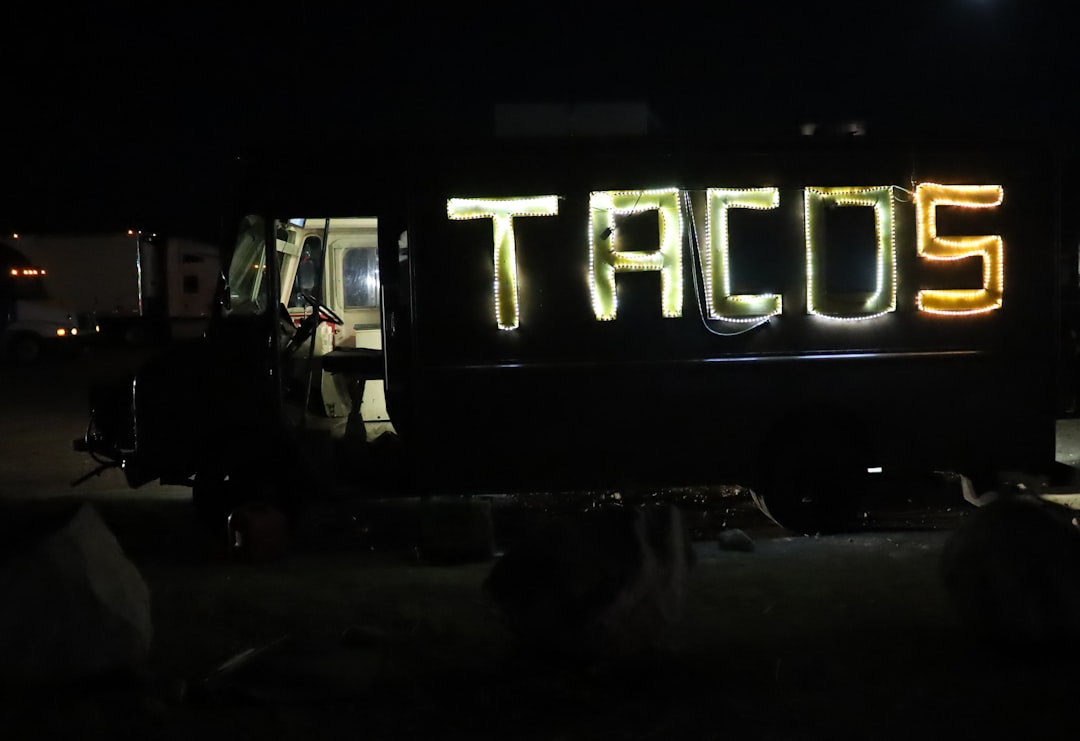In Nevada, businesses using advanced autodialer technologies for customer outreach must adhere to strict Telephone Consumer Protection Act (TCPA) regulations regarding consent and privacy protection. Autodialer attorneys play a crucial role in ensuring legal compliance, helping companies navigate complex consumer privacy laws, and avoiding costly penalties. Explicit, active consent from consumers is vital, emphasizing clear opt-in mechanisms and immediate stop-calling requests. Engaging specialized autodialer attorneys in Nevada can guide businesses through these requirements, fostering trust, maintaining positive public images, and implementing effective communication strategies.
In Nevada, the use of autodialed calls is prevalent, but understanding the importance of consent in these communications is crucial. This article explores the intricate relationship between autodialed calls and Nevada’s consent laws, highlighting the significance of consumer privacy protection. We’ll delve into the legal requirements for obtaining valid consent, dissect common challenges, and provide best practices for businesses utilizing autodialers. Stay informed with expert insights from Nevada’s leading autodialer attorneys.
Understanding Autodialed Calls and Consent Laws in Nevada

In the digital age, businesses often rely on advanced technologies like autodialers to reach potential customers. An autodialer is a software that automatically dials phone numbers in quick succession, allowing for mass communication. However, with great technology comes regulatory considerations. Nevada has specific laws regarding autodialed calls and consent, ensuring residents’ privacy and limiting intrusive marketing practices.
Understanding these laws is crucial for businesses and autodialer attorneys in Nevada to ensure compliance. The state’s Telephone Consumer Protection Act (TCPA) governs the use of automated dialing systems, mandating explicit consent from recipients before making any prerecorded or artificial voice-generated calls. This means businesses must obtain permission from individuals before autodialing, protecting Nevadans from unwanted and unsolicited calls.
The Role of Consent in Protecting Consumer Privacy

In the realm of consumer protection, consent plays a pivotal role in safeguarding privacy rights, especially regarding autodialed calls. Nevada residents have the power to control and give permission for automated phone calls, which is a crucial aspect of preserving their personal information. When it comes to autodialer attorneys in Nevada, ensuring informed consent is an integral part of their practice.
By obtaining explicit consent from individuals before making automated calls, businesses and marketing firms respect the privacy and autonomy of consumers. This simple step helps prevent unwanted or unsolicited phone calls, reducing potential harassment and giving Nevadans a sense of control over their communication preferences. Protecting consumer privacy is not just about adhering to legal requirements but also building trust between businesses and their customers.
Legal Requirements for Obtaining Valid Consent

In Nevada, the legal requirements for obtaining valid consent in autodialed calls are strictly regulated to protect consumers from unwanted and intrusive marketing practices. According to the Telephone Consumer Protection Act (TCPA), businesses must obtain explicit permission or “opt-in” from recipients before initiating any automated telephone calls for marketing purposes using an autodialer. This means that Nevada’s autodialer attorneys play a crucial role in ensuring compliance with these rules, helping companies avoid costly lawsuits and penalties.
To fulfill the consent requirement, individuals must provide clear and unambiguous authorization, often through opt-in forms or text messages. Businesses should document this consent meticulously to demonstrate their good faith efforts in adhering to TCPA guidelines. Inadequate or vague consent can lead to legal challenges, making it essential for autodialer attorneys in Nevada to guide companies through the complex landscape of consumer privacy laws and regulations.
Common Challenges and Misconceptions About Consent

Many businesses in Nevada, especially those relying on autodialed calls for marketing or sales purposes, often encounter challenges when it comes to obtaining valid consent from recipients. There are several common misconceptions and hurdles that can complicate this process. One significant issue is defining what constitutes consent, as different individuals may interpret and provide their agreement differently. For instance, a simple click on a call-back button might not always indicate clear and informed consent, especially if the consumer was unaware of the frequency or nature of the calls.
Another challenge lies in obtaining verifiable opt-in consent, which is essential for compliance with Nevada’s telemarketing laws and regulations. Autodialer attorneys in Nevada emphasize that companies must ensure consumers actively agree to receive autodialed calls, rather than relying on defaults or pre-checked boxes. Misunderstanding or ignoring these nuances can lead to legal repercussions, including fines and class-action lawsuits. Therefore, businesses should focus on educating both their staff and customers about the importance of explicit consent in the digital age.
Best Practices for Businesses Using Autodialers in Nevada

When utilizing autodialers for marketing or sales purposes in Nevada, businesses should prioritize ethical and legal practices to ensure compliance with state regulations. One of the primary considerations is obtaining explicit consent from recipients before placing any autodialed calls. This involves clear and concise opt-in mechanisms during initial contact, allowing individuals to easily choose to participate or opt out. By adhering to these standards, businesses can avoid potential legal repercussions and maintain a positive public image.
Additionally, Nevada’s laws require businesses to honor request for call cessation immediately. Implementing robust systems to track and respect these preferences is crucial. Employing autodialer attorneys in Nevada who specialize in these regulations can help businesses navigate this complex landscape, ensuring they remain compliant and effective in their communication strategies.






